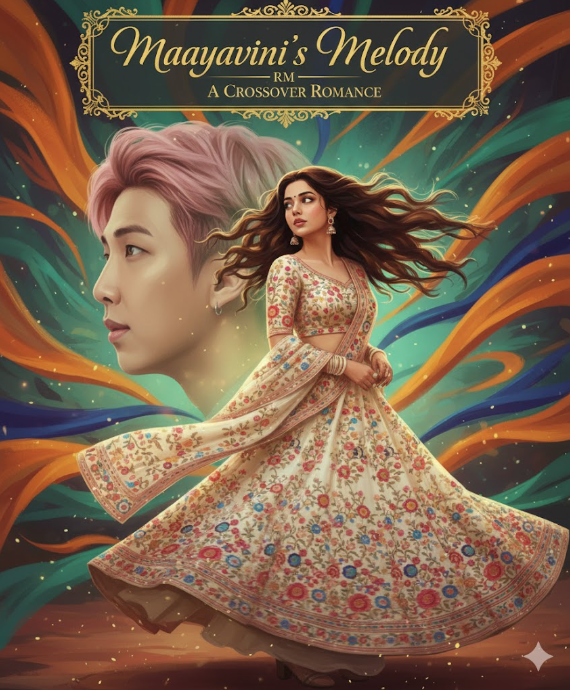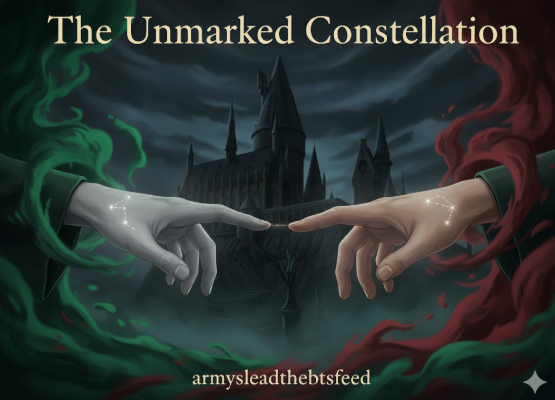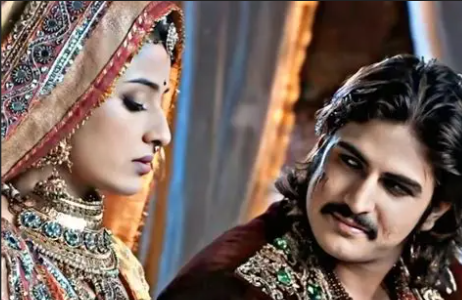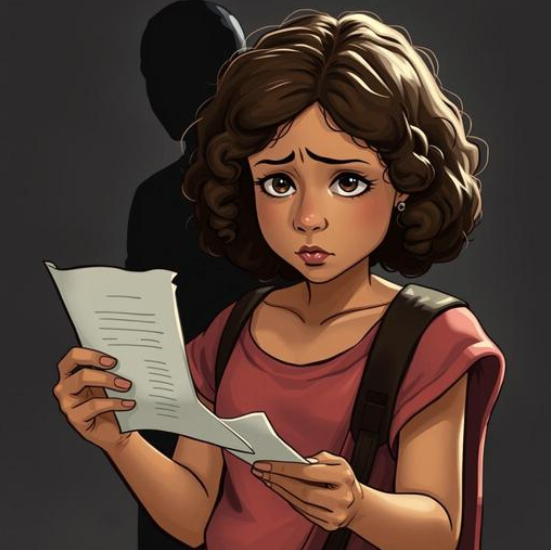The first six weeks in the Anjanadri Hills were a brutal meditation in survival. Grief was a constant, cold companion for Tirumala, but she refused to let it consume her. Her duty was singular: keep the Deva-Raya bloodline—the dynasty itself—alive, tucked away from the monster who owned their land.
The cottage behind the roaring waterfall became their sanctuary. It was a marvel of ingenuity: secure, dry, and heated by stones from a concealed fire pit. Tirumala, aided by her four resourceful maids, cultivated a small patch of soil, planting the heirloom seeds they had smuggled out. They were strictly vegetarian, relying on these crops and the abundant wild fruits, nuts, and medicinal roots Tirumala knew how to forage. The swords and daggers were not for hunting, but for defense against predators.
Life settled into a disciplined rhythm of labor, silence, and prayer. Tirumala was finding a fragile, new kind of peace—a raw liberty that only came from being utterly untainted by the King’s shadow.
Once every three weeks, disguised in homespun garments and with their faces artfully smudged, one of the maids ventured into the nearest mountain village to barter a small piece of gold jewelry for essentials: salt, grain for the next planting, and iron tools. They always returned with the same news: the hunt for the missing "Moon-Faced Dancer" was relentless, focused almost entirely on the towns and main highways.
This intelligence gave Tirumala immense, quiet satisfaction. Rudra-Sen was chasing a ghost of his own obsession, looking for a spoiled courtier who would starve without silks and servants. She was safe, an unbreakable part of the wild.
Then, on a brilliant afternoon near the forest’s edge, that fragile peace was annihilated.
Rudra-Sen was not searching for a dancer; he was hunting. The conqueror often escaped the demands of his new capital with a small retinue, venting his coiled fury by chasing wild boar through the hills. He was astride a massive black stallion, his face shaded by his helmet, when he rode past a small, deep pool hidden by dense foliage.
He stopped, compelled by a flicker of movement.
Standing by the water, her back to him, was a woman. She was not dressed in courtly finery, but in rough, sun-bleached cotton. Yet the sight of her was like a searing brand. Her unbound hair, thicker and wilder than he remembered, fell in a cascade that reached her knees as she bent to gather water. As she turned her head slightly to listen to the birds, a sliver of her profile was visible: the proud, sharp line of her jaw, and a hauntingly moon-white patch of skin exposed by the rough fabric.
It was her. The dancer. Chandramukhi.
The reality was ten times more arresting than the painting. She looked healthy, fierce, and entirely untamed, like a beautiful predator blending with the forest. The knowledge that she was here, close enough to seize, sent a violent surge of pure, animalistic possession through Rudra-Sen.
He spurred his horse forward with a wordless shout. The noise shattered the forest calm.
Tirumala reacted with the instantaneous precision of a doe scenting a tiger. Her head snapped up, her eyes wide not with panic, but with pure, cold recognition. Seeing the helmet and the dark, furious form of her enemy, she gathered her simple belongings, and with a swift, breathtakingly graceful leap, she vanished into the dense undergrowth, melting behind the curtain of green.
Rudra-Sen reached the pool moments later, sliding from his horse in a single, frustrated movement. He scoured the woods, yelling orders at his bewildered guards, but she was already gone, leaving only the ripple in the water to mark her presence. He ran his hand over the damp moss where she had stood, his anger hardening into a terrifying resolve. He had seen her; she was not a ghost, but a prize he must corner.
He straightened, his gaze sweeping over the indifferent, ancient trees that concealed his fugitive.
"The palace will wait, dancer. From this moment, the whole forest is my only throne."






Write a comment ...